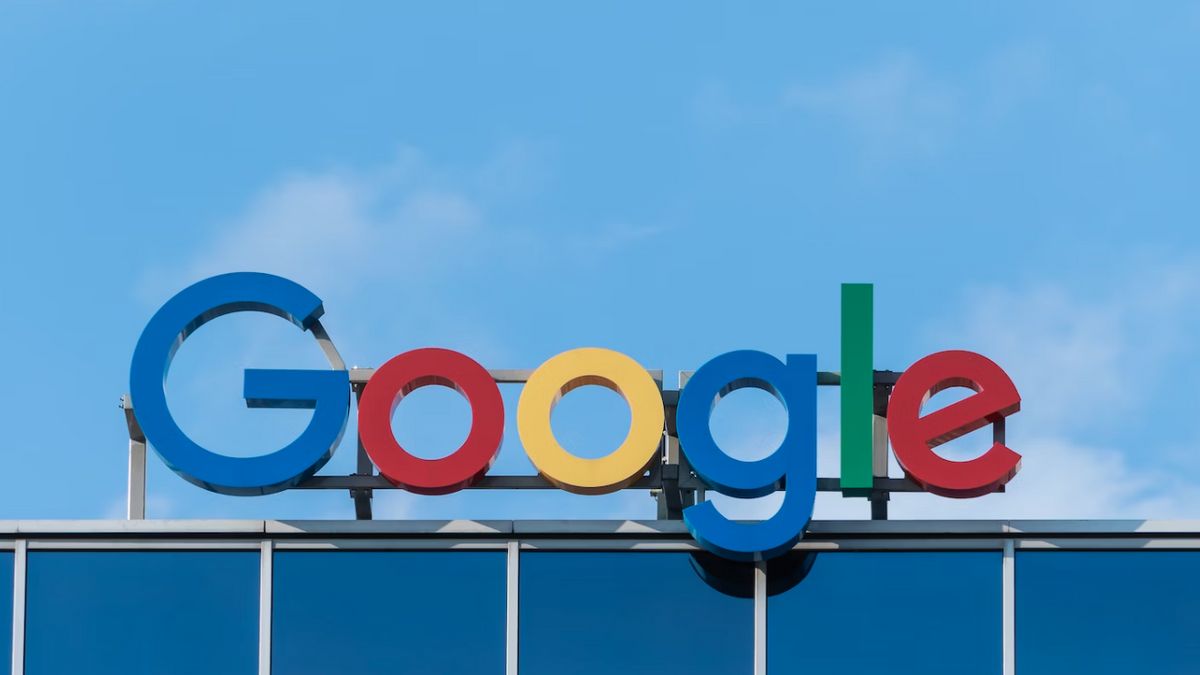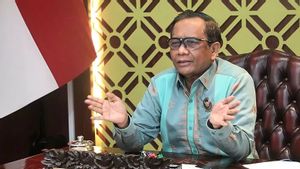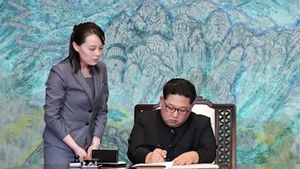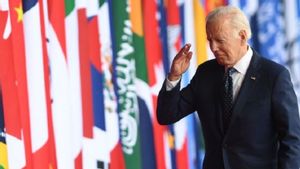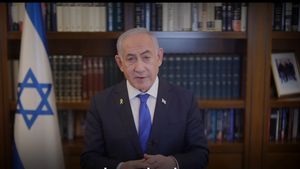JAKARTA - Director General of Information and Public Communication of the Ministry of Communication and Information Usman Kansong said regulations regarding the Rights of Publishers (Publishers Rights) that the government is currently designing are unlikely to satisfy all parties.
"So it is impossible for one draft statutory regulation or even one policy to satisfy all parties. But the government has been working hard for about a year," said Usman as quoted by ANTARA, Saturday, July 29.
Usman said the government had sought to find common ground with various parties, including with digital platforms related to the regulation.
One of them was when the digital platform had questioned one of the articles in the draft Presidential Decree regarding Issuance Rights.
The platform, he said, initially rejected one of the articles in the draft Presidential Decree which required them to select the news in accordance with the journalistic code of ethics and the Press Law.
Digital platforms include stating they do not yet have algorithms for such selections and considering these powers not part of their duties as platforms.
After discussing, it was finally agreed that one article in the draft Presidential Decree which stated that the platform should not distribute news that is not in accordance with the journalistic code of ethics through reporting mechanisms. The reporting can be done by the Press Council, press companies, and the public.
Therefore, said Usman, if any reported news is not in accordance with the journalistic code of ethics, digital platforms must remove it from their list.
"That's one way to find a middle point, find a common ground, because that's actually in the process of finding a common ground. It really depends on the parties willing to understand each other, whether we want to force our ideas to be accepted, including platforms (digital)," said Usman.
It is known that the government is drafting a Presidential Decree regarding the Rights of Publishers. Deputy Minister of Communication and Information, Nezar Patria, said that in general the Presidential Decree on the Rights of Publishers to regulate news content produced by press companies.
اقرأ أيضا:
Furthermore, digital platforms can do a kind of filtering of which content is news and which is not. The news content is then commercialized.
However, one of the digital platforms, Google expressed objections regarding the draft Presidential Decree. Google is worried that this regulation could limit the diversity of news sources to the public.
Google states that if the regulation is ratified in the current form, it could affect their ability to provide relevant, credible, and diverse online information sources for Google product users in Indonesia.
The English, Chinese, Japanese, Arabic, and French versions are automatically generated by the AI. So there may still be inaccuracies in translating, please always see Indonesian as our main language. (system supported by DigitalSiber.id)
